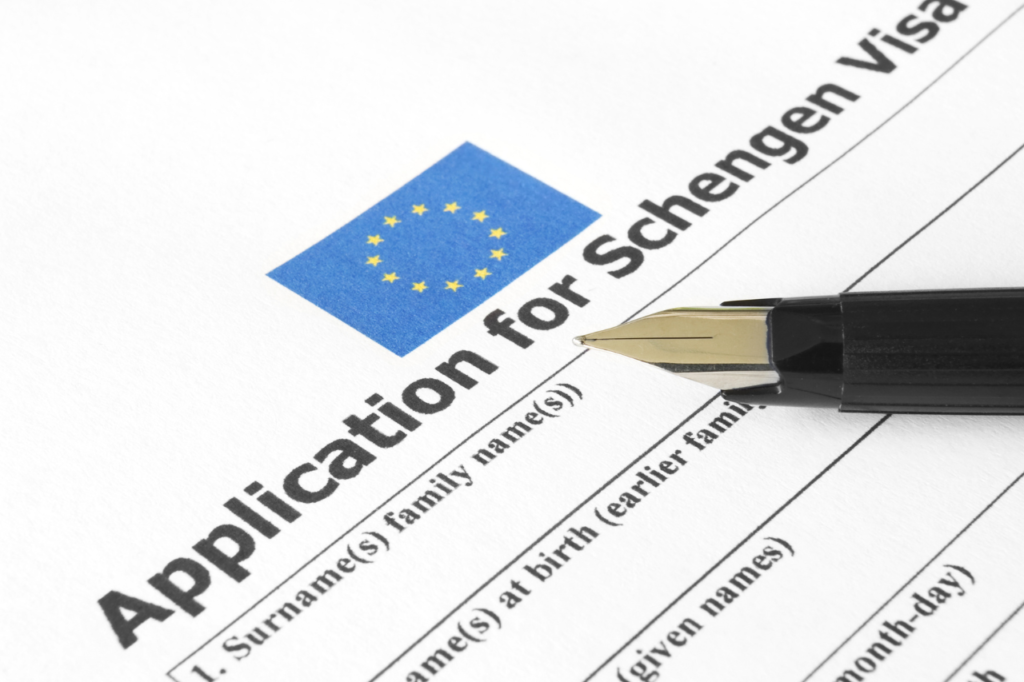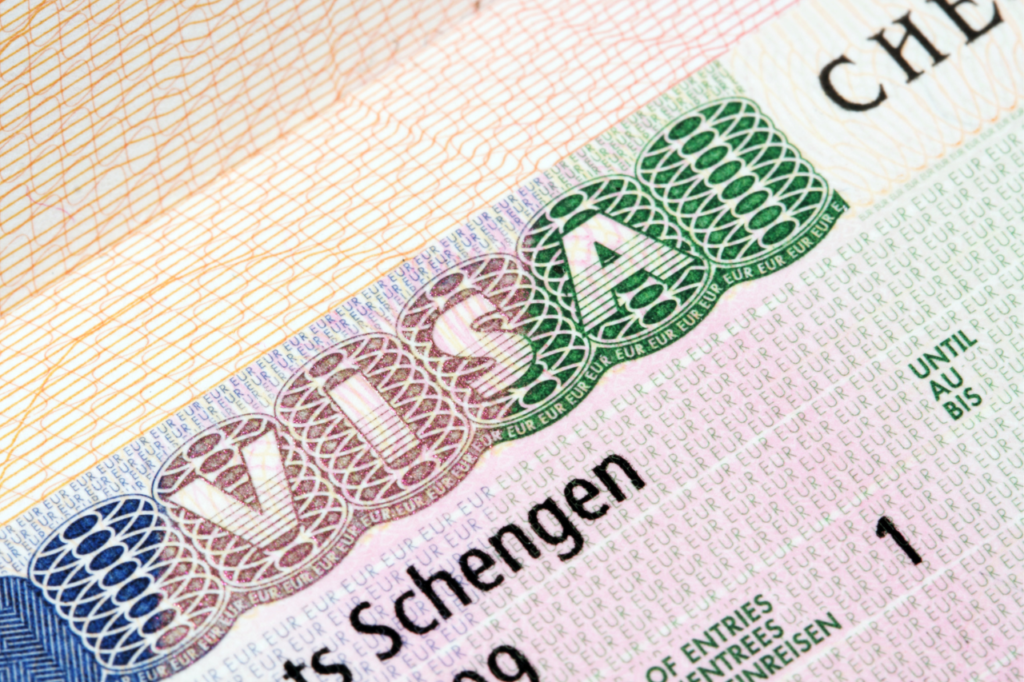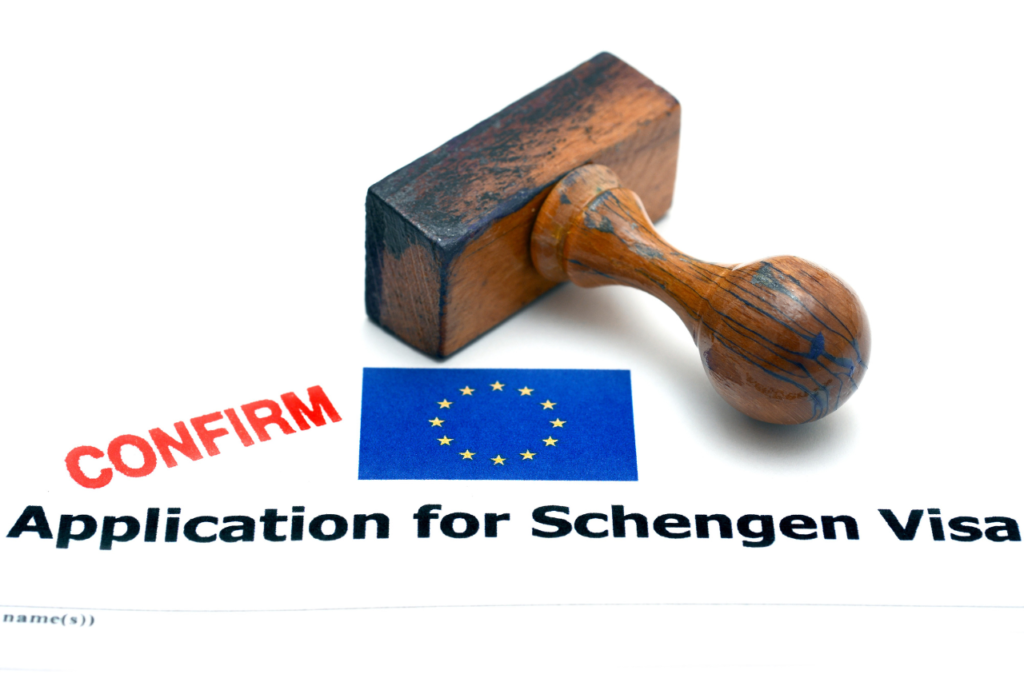In today’s globalized world, the chance to work in Europe is an exciting opportunity that many pursue, Whether it’s to advance your career, experience a new culture, or simply immerse yourself in new challenges, working in Europe can be very rewarding but understanding the intricacies of getting an EU Visa or Work Permit can be challenging and that is why in this Schengen Work Visa Guide, we will look at the process, find out who can work in Europe, how to secure a work visa, and the key requirements you need to meet.
Who Can Work in Europe?
The good thing is that the continent welcomes foreign professionals who meet specific criteria and requirements set by individual European countries and most European states have established programs to attract foreign talent to fix job shortages in various sectors.
Understanding the Schengen Work Visa Guide
Before delving into details, let’s clarify a common misunderstanding: there is no Schengen work visa. While you can obtain a Schengen visa for tourism, visiting family and friends, business, or medical reasons, it does not authorize work in Europe. Engaging in employment is strictly prohibited while holding a Schengen visa for other purposes.
Those seeking employment in the Schengen Area can opt for the National (D) Visa for employment purposes, granted by one of the 27 European countries.
Understanding Europe’s Employment Visa Programs
Every member country has its visa policy for specific labor needs and the programs were made to address these labor needs and job shortages effectively. Therefore, the criteria, requirements, and application process for an employment visa can differ from one country to another.
Who Needs a Visa to Work in Europe?
Citizens from certain countries, such as the USA, Australia, Canada, Israel, Japan, New Zealand, Switzerland, and EU member states, can work in Europe without a visa. However, upon arrival in their intended work country, they must apply for a residence and work permit. Conversely, nationals from other countries must obtain an employment visa before entering Schengen territories for work.
Requirements for a European Work Visa
- Signed application Form
- Recent digital Photos are taken within the last three months.
- A passport that is no older than ten years and remains valid for at least three months after you have left the Schengen territory and it should have a minimum of two blank pages to accommodate the visa sticker.
- Present evidence of your travel plans, including entry and exit dates and flight numbers.
- Travel Medical Insurance covering emergencies, hospital care, and repatriation to your home country due to medical reasons, with a coverage limit of up to 30,000 euros, make sure the insurance is valid in all Schengen countries and secured before obtaining the visa.
- Proof of Accommodation
- document showing your intended place of residence in the Schengen Area, like a rental agreement.
- Provide a signed employment contract between you and your prospective employer, who should be located within the Schengen territory.
- Evidence of Academic Qualifications such as diplomas, certificates, or academic transcripts.
- Proof of Language Proficiency
In many European countries, it is a requirement even for short-term work.
Please note that these are the fundamental requirements for obtaining a work visa in Europe and every Schengen member country and other European states outside of this zone may have additional requirements specific to their needs.
Application Process For Schengen Work Visa Guide
- Identify the employment visa options available in the country where you intend to work.
- Determine if you meet the eligibility criteria for an EU work visa, some countries may need you to secure a job offer before applying for a visa, so ensure you meet these prerequisites.
- Comply with the specific criteria for the EU work visa, which may vary depending on the country.
- Collect all necessary documents required for your employment visa application.
- Schedule a Visa Interview.
- Attend the Interview with all your documents.
- Wait for your visa to be processed.
Where to Apply for a European Working Visa
Submit your visa application at the appropriate representation of the country where you’ll be working and it could be their embassy, consulate, or a visa application center. If you are not sure about the correct location, check the rules on where to apply for a Schengen Visa and how to choose the right place for submitting your visa application.
When to Apply For a Schengen Work Visa
It is best you apply for a work visa at least two months before your planned trip to the Schengen country where you intend to work. European embassies typically process employment visa applications in about six weeks, but they may extend processing times to 12 weeks in special cases.
Duration For Schengen Work visa
Visa holders can apply for an extension before expiration, and the visa stamp on your passport indicates its validity, typically for one year in many countries.
Extending an EU Work Permit
The process involves applying and submitting the required documents to the relevant authorities in your European country of residence before your visa or residence permit expires.
As you go on your journey to work in Europe, remember that this guide provides a foundation for understanding the intricacies of getting an EU Visa or Work Permit.





